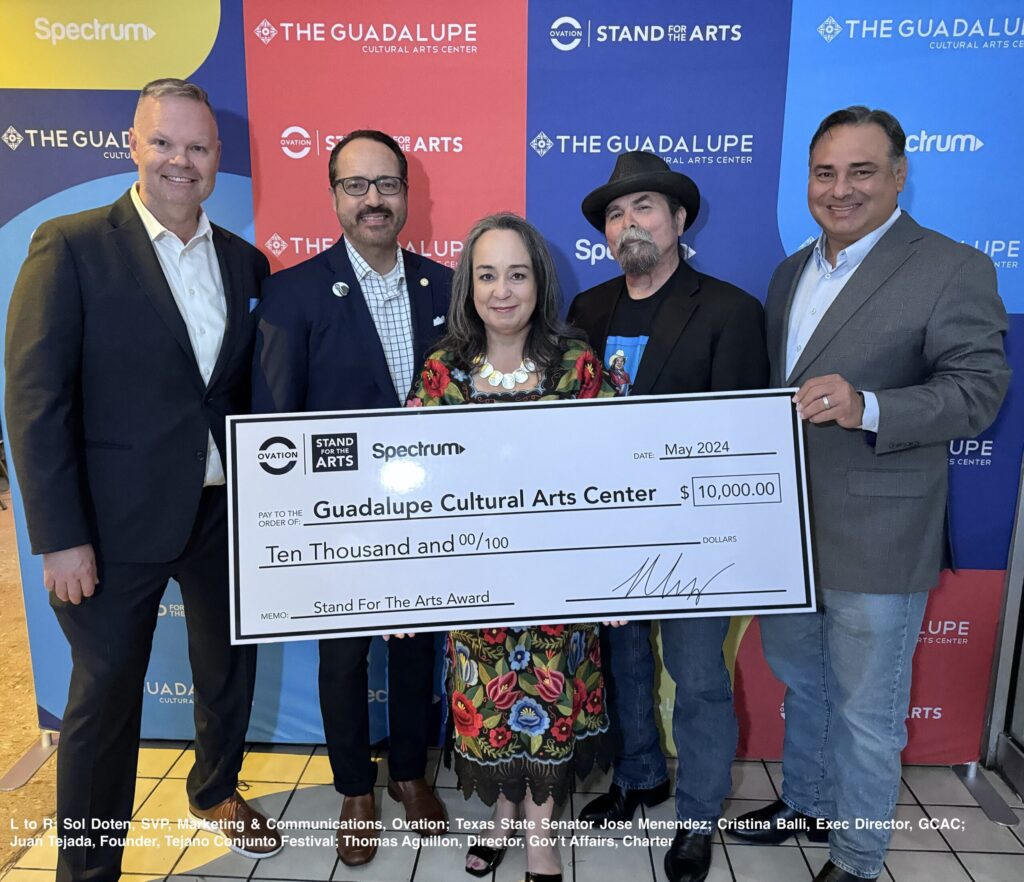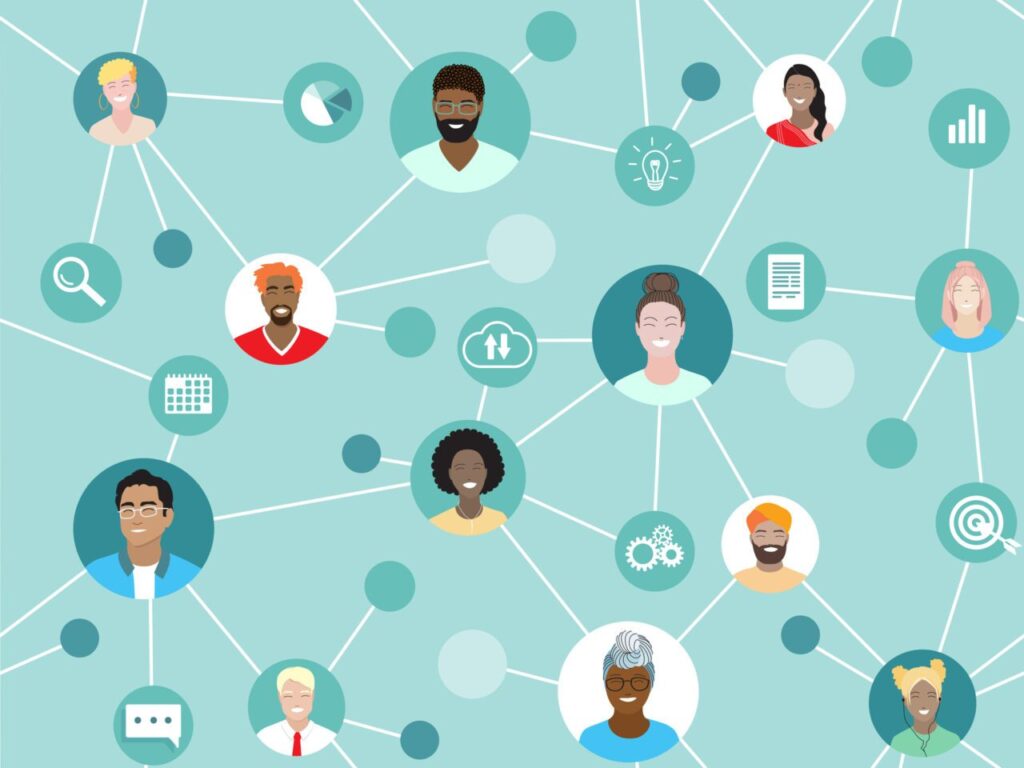The Recovery Project
Agency: Civic Entertainment Group
Client: A&E Television

A&E is known for its real life drama shows such as Intervention, which tells individual stories of addiction and recovery. More than 22 million Americans struggle with addiction, yet fewer than ten percent receive treatment. A&E wanted to break that cycle, so Civic created a national, multi-platform, social outreach program and ongoing advocacy campaign to raise awareness and promote treatment. Called The Recovery Project, the program supports organizations in prevention, research and treatment. In its second year, A&E doubled the size of the program, reaching a wider audience and heightening its reputation as a leading advocate for recovery.
Working with strategic partners such as The National Council on Alcoholism and Drug Dependence and U.S. Health and Human Services’ Substance Abuse and Mental Health Services Administration, A&E sponsored a National Recovery Day Rally. More than 10,000 people, including those in recovery, as well as their family and friends, politicians, non-profit leaders, , recovery professionals, celebrities and other supporters walked together across the Brooklyn Bridge (which connects Manhattan to Brooklyn) to form a human chain — a living symbol of recovery. The walk began with a rally in which Gil Kerlikowske, director of ONDCP, delivered a message from President Obama, and it ended with remarks from NY Gov. David Paterson and a concert by Smokey Robinson.
Through its national recovery delegate program, A&E selected “recovery delegates” – people with 10 years or more of recovery who actively promote addiction awareness and recovery services in their communities — from every state and Washington, DC to lead the rally. Celebrities including Whoopi Goldberg, Benjamin Bratt and Russell Simmons, among others, recorded PSAs. A&E also sponsored more than 70 local events across the country and held intervention town hall meetings — year-round public forums about addiction A&E Interventionists, local officials and treatment providers address local issues and promote resources.
In addition, a dedicated website www.therecoveryproject.com lets visitors plan or attend local events, share personal stories, advocate to legislators and community leaders, volunteer. Outreach includes email to over 1,000 groups for 3.5 million impressions, plus web marketing for another 3 million impressions, along with social media such as a Facebook page.
The overall program generated more than 17 million impressions; helped garner $1.5 million in sponsorships an ad sales. Most importantly, it brought a worthy cause to the forefront and helped thousands of people in need.

 Network
Network

